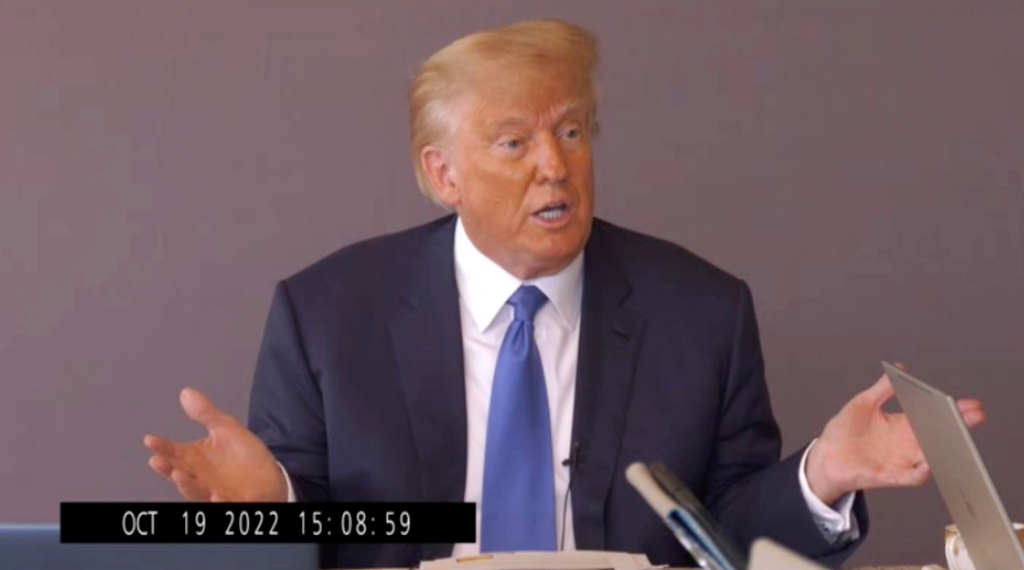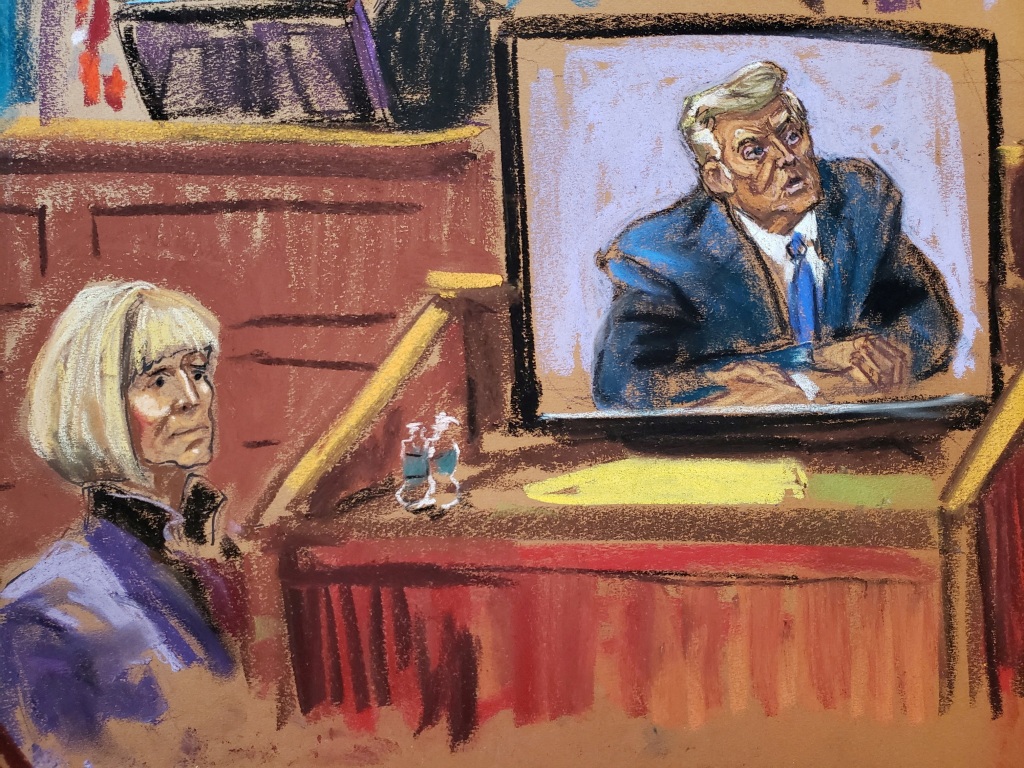Experts explain jurors mixed verdict in E. Jean Carroll case
Jurors in the E. Jean Carroll lawsuit against Donald Trump found him liable of sexual abuse — and not rape — likely because they expected “Law & Order”-style forensic evidence to prove the more serious claim, legal experts told The Post Wednesday.
The Manhattan federal jury that awarded the “Ask E. Jean” advice columnist $5 million Tuesday decided that Carroll, 79, had proven her claim of sexual abuse in the alleged 1996 attack by Trump, 76, inside a Bergdorf Goodman fitting room. But they let the 45th president off the hook in her rape allegation — despite the fact that both claims were part of the same alleged incident.
“The jury clearly believed E. Jean Carroll,” said New York attorney Duncan Levin. “So the question is, why would this jury believe [her] but also reject something she is saying?”
The panel — made up of three women and six men — might have expected to see evidence such as a rape kit, a police or doctors report, blood samples or fingerprints in a rape case, Levin said.
“A lot of juries come in now having watched ‘CSI’ and ‘Law & Order’ and expect forensic evidence in any case,” he told The Post.
“I think it’s not based on their disbelief of her, just that they were looking for some more evidence on such a heavy charge,” the lawyer continued. “But they believed her enough to give her an award on the other claims — the sexual assault and defamation claims.”
Carroll testified at trial that she didn’t go to the police for myriad reasons, including that she feared what the real estate tycoon could do to her legally and professionally if she reported the alleged rape. Her friend Carol Martin also told jurors that she advised Carroll not to report the incident saying Trump would “bury” her.
New York Law School Adjunct Professor Heather Cucolo told The Post, “people want to see physical evidence and we are obviously nowhere near that,” given the age of the case.
“Physical evidence is hard to get in a criminal rape trial when you’re in real time — a couple days, a couple weeks out even,” she said.

Long Island lawyer Andrew Lieb said he believed the biggest problem Carroll had on the rape claim “was that she couldn’t pinpoint the day [or] time.”
“Without concrete details it’s really problematic,” Lieb said.
Carroll told jurors that the incident took place most likely in the spring of 1996 but she couldn’t remember an exact date — despite racking her brain for the timeframe for years.

She didn’t decide to come out with her allegations until after the #MeToo movement over two decades later, in June of 2019.
“I think it was a circumstantial type of case and to use the word rape against someone — it’s a big word,” Lieb said, noting that jurors likely “would want to hear a lot of specificity” when deciding a rape case.
The jury also found Trump liable of defaming Carroll in a lengthy Oct. 12, 2022 post on his social media platform Truth Social calling her claims a “hoax.” Carroll claimed she lost her long-time job at Elle magazine, as well as millions of readers of her column and her journalistic reputation because of Trump labeling her a liar.
Trump has maintained his innocence and said he planned to appeal the verdict.
Read the full article Here


